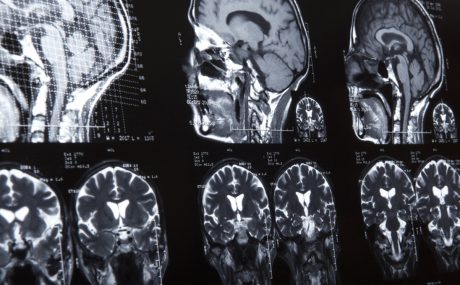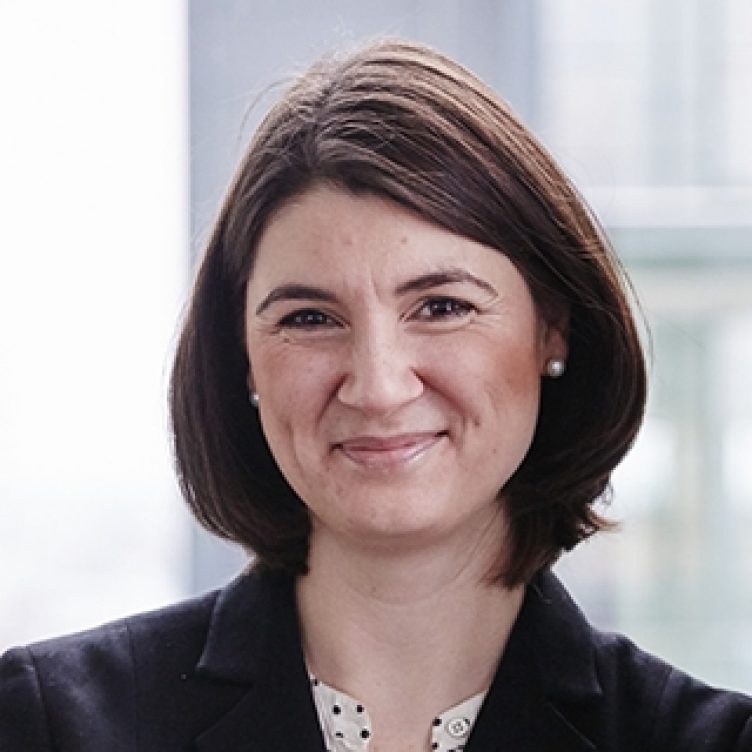When Michael Loizou sustained a severe brain injury in a road traffic accident in November 2005 his family were told not to expect a recovery. The minimally conscious state that he was left in was permanent. Throughout the personal injury claim, all of those who examined Michael Loizou confirmed his minimally conscious state was permanent. However, despite the bleak prognosis 12 years after the accident, 4 years after his personal injury claim settled, Michael has emerged from his minimally conscious state and is able to once again participate in the world around him and communicate.
When I first met with the family in 2008 they were still struggling to get their head around the devastating and permanent changes to the larger than life Michael. Michael was now fully dependent on others for every aspect on his life and care.
Although Michael was receiving excellent care in a fully equipped Care Home, his large Greek Cypriot family wanted nothing else but for him to be home. It was important that Michael remained part of the family unit in any way possible. Although the family did what they could to make the Residential Care Home feel comfortable it still wasn’t a family home. Michael had always been somebody who enjoyed his own home, entertaining his friends and family. His family believed that it would be important in his rehabilitation process to be back at home. However, the fact that Michael was in a minimally conscious state made any move home complicated. Would Michael derive any real benefit from being in a different or home environment?
The experts instructed as part of the claim a Neurologist, a Consultant in Neurorehabilitation, a Neuropsychologist and the care expert had to consider these matters in detail. Was going home right for Michael given his complex care needs? Was it in his best interests? Perhaps most importantly would his life expectancy be compromised?
There were many difficult conversations between the experts and the family about Michael’s long-term prognosis. All of the evidence suggested that Michael would remain in a minimally conscious state and the gain that he had made to be considered in a minimally conscious state was as good as things were likely to get.
Working with the Defendant’s insurers and solicitors, the practical obstacles to Michael returning home were overcome with the family building an annex onto their property to house Michael, all his equipment and his care team. A best interest meeting was held and the decision was taken that Michael should live with his brother’s family. Michael returned to live with his brother and his brother’s family in May 2012. The team around Michael worked hard to ensure he was given every opportunity to improve and maintain the function he had. He received regular neurophysiotherapy, speech and language therapy and neuropsychology.
By the time the case settled 8 years after the accident Michael had made little improvement compared to where he had been in the first few months after the accident.
Following the conclusion of the litigation Michael’s slow-stream rehabilitation continued and approximately 3 years following the conclusion of his claim he emerged from his minimally conscious state and started communicating with those around him. There was a rocky road to establish effective communications, with a number of avenues tried and failed. The systems that were found to work most successfully for him were the most basic. Finding the best way to communicate with him was imperative, whilst Michael’s accuracy for verbal communication was found to be only 30%, in written communication he was found to be 80-90% accurate. He could still read well and write in both English and Greek. It was on the basis of this written communication that a system of communication was built that worked well for Michael and means that he can now hold conversations with his family and express his wants and needs to those around him . Michael is now able to use a basic alphabet chart which he can use to spell out what he wants to say. Michael’s memory impairment is still an obstacle but he is now able to converse in a way that was never thought possible.
The key to Michael’s emergence has been the strength of the team around him. He has had consistency of carers and regular therapies which have enabled all improvements to be monitored and also alternative ways of assisting him to be considered. However, with the increased insight has also come increased frustration. Michael has a much better understanding of the situation he finds himself in and that has had an impact on his emotional wellbeing. He is continually frustrated by the limitations of his condition.
Michael has regular neuropsychology, physiotherapy and is taken out to activities as much as possible. Talking through his emotions with the Neuropsychologist improves his mood. Although he is not always able to remember activities that he has taken part in his mood is found to improve after he has been out and enjoyed an activity such as going to the cinema. Trips to his Neurophysiotherapist have also been found to have a positive effect.
In many ways Michael’s emerging from his minimally conscious state has not significantly impacted on his care or therapy needs. What he requires now is what he had in place once the litigation concluded. However, it has become even more important that those who work with him have the patience and consideration to involve him in all decision-making and the skills to deal with his frustration and agitation.
The Loizou family has been exceptional in their determination to have Michael home and to create as much of a life for him as possible. There is little doubt that Michael’s improvement is owed in no short part to their tireless efforts. Michael now able to choose music to play, television programmes to watch, films to watch at the cinema or where to go on holiday. Such things would have been unthinkable for somebody in a permanent minimally conscious state.
Michael’s continuing recovery has certainly surprised many including the legal team and experts involved in his claim. However anecdotally among Case Managers and those who deal with clients who have sustained a similar injury to Michael’s his case is not unusual. It reminds those of us involved in these cases that at all points consideration needs to be given for the unexpected events in the future. Clients need to be assured that should improvement occur in the future the care and therapies are in place to cope with any eventuality.
You can find further information regarding our expertise, experience and team on our Personal Injury or Clinical Negligence pages.
If you require assistance from our team, please contact us or request a call back from one of our lawyers by submitting this form.
We have teamed up with other clients who have suffered catastrophic injuries to also tell their stories. Please visit the Life Beyond Injury webpage to see their stories.
We hope that by sharing these stories, newly injured people can see that with the right support they too can overcome adversity to lead full and active lives.
Please feel free to share our films. You can join in the conversation and share your stories of overcoming adversity to lead a fulfilling life beyond injury:
On Twitter, using the hashtag #lifebeyondinjury.
Or on Facebook, using the same #lifebeyondinjury hashtag.
Media contact: Lydia Buckingham, Senior Marketing Executive, +44 (0) 20 7822 8134, lbuckingham@stewartslaw.com


